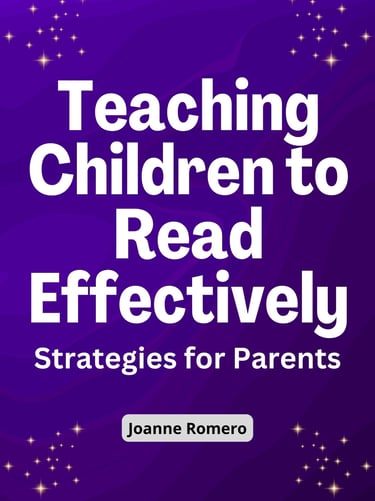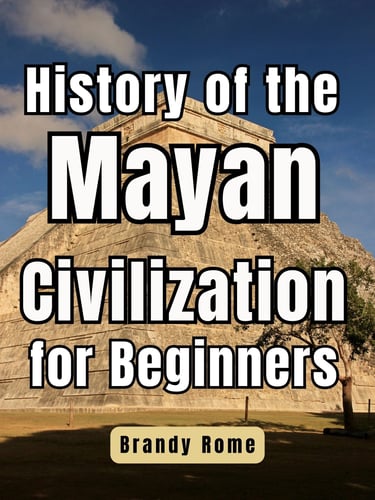How to Help Your Child Learn Geography
Here are some practical and engaging ways to help your child develop a strong understanding of geography.
EDUCATION
8/19/20243 min read
Introduction
Geography is more than memorizing maps and capital cities; it's about understanding the world and how different places and cultures interact. As a parent, you have the opportunity to make geography both educational and exciting for your child. Here are some practical and engaging ways to help your child develop a strong understanding of geography.
(1) Explore Maps Together: Start by familiarizing your child with different types of maps - world maps, country maps, and even thematic maps that show things like climate or population. Use interactive maps and globes to help them visualize locations. Encourage them to locate and identify places, and discuss the geographical features of different regions, such as mountains, rivers, and deserts. Understanding map symbols and reading scales can also be fun activities to work on together.
(2) Use Technology and Apps: Leverage educational apps and online resources that make learning geography interactive. Websites like ‘National Geographic Kids’ and apps like ‘Google Earth’ provide immersive experiences where your child can explore different countries, landmarks, and natural features virtually. These tools often come with games and quizzes that make learning more engaging and enjoyable.
(3) Incorporate Geography into Daily Life: Use everyday situations to discuss geographical concepts. When planning a trip, talk about the geography of the destination—its climate, terrain, and cultural landmarks. While cooking, you can explore the origins of various ingredients and discuss their countries of origin. These real-world connections help your child see geography as relevant and interesting.
(4) Read Books and Watch Documentaries: There are many children’s books and documentaries that make geography accessible and exciting. Books that focus on different cultures, countries, or notable geographical features can spark interest and provide valuable context. Documentaries offer visual and narrative explanations of geographical topics, helping to bring abstract concepts to life.
(5) Play Geography Games: Make learning geography fun with games and activities. Geography-based board games, puzzles, and online games can be both educational and entertaining. Games like “Where in the World is Carmen Sandiego?” or geography trivia apps can make learning about places and capitals more engaging.
Disclaimer: The content provided in this article is for information purposes only. The author therefore assumes no responsibility and shall have no liability whatsoever for your use or misuse of the information contained herein, or for any loss, damage or injury to your mental health, physical health, spiritual well-being, emotional health, financial status or in any other way. This article does not recommend that you treat yourself without consultation from a licensed physician, spiritual advisor, mental therapist, or any other licensed professional or counselor as appropriate. Images are courtesy of Canva Pro license subscription via their respective creators on https://www.canva.com
(6) Encourage Travel and Exploration: If possible, take your child on trips to different places, whether they are local landmarks or far-off destinations. Traveling exposes them to different cultures, environments, and perspectives. Even local excursions can provide opportunities to learn about the geography of your own region. Museums, parks, and historical sites can also offer valuable insights into geographical and cultural history.
(7) Use Hands-On Projects: Engage your child in hands-on geography projects. Create a large world map or a globe model together, and use it to mark important places and features. Building a diorama of a specific region or creating a travel scrapbook with information and photos from different places can also make learning more interactive and memorable.
(8) Discuss Current Events: Talk about current events and how they relate to geography. Understanding natural disasters, political changes, and global issues can help your child see the real-world implications of geographical knowledge. Discussing news stories related to different countries can also provide context and make geography feel more immediate and relevant.
(9) Foster Curiosity: Encourage your child to ask questions and explore topics that interest them within geography. Whether they are curious about animals in different habitats, ancient civilizations, or climate change, support their inquiries and provide resources to help them learn more.
(10) Be Enthusiastic and Supportive: Your attitude towards geography can greatly influence your child’s interest in the subject. Show enthusiasm and curiosity about geographical topics, and share your own knowledge and experiences. Your support and encouragement will help foster a positive attitude towards learning about the world.
In summary, helping your child learn geography involves making it engaging, relevant, and interactive. By exploring maps, using technology, incorporating geography into daily life, and encouraging hands-on projects, you can make learning about the world both enjoyable and educational. With your guidance and enthusiasm, your child can develop a lasting appreciation for geography and a deeper understanding of the world around them.
Click Image to Download
Click Images to Download
If you have questions or concerns, you may contact us at: ebooks@cleomijo.com or use the form below:






